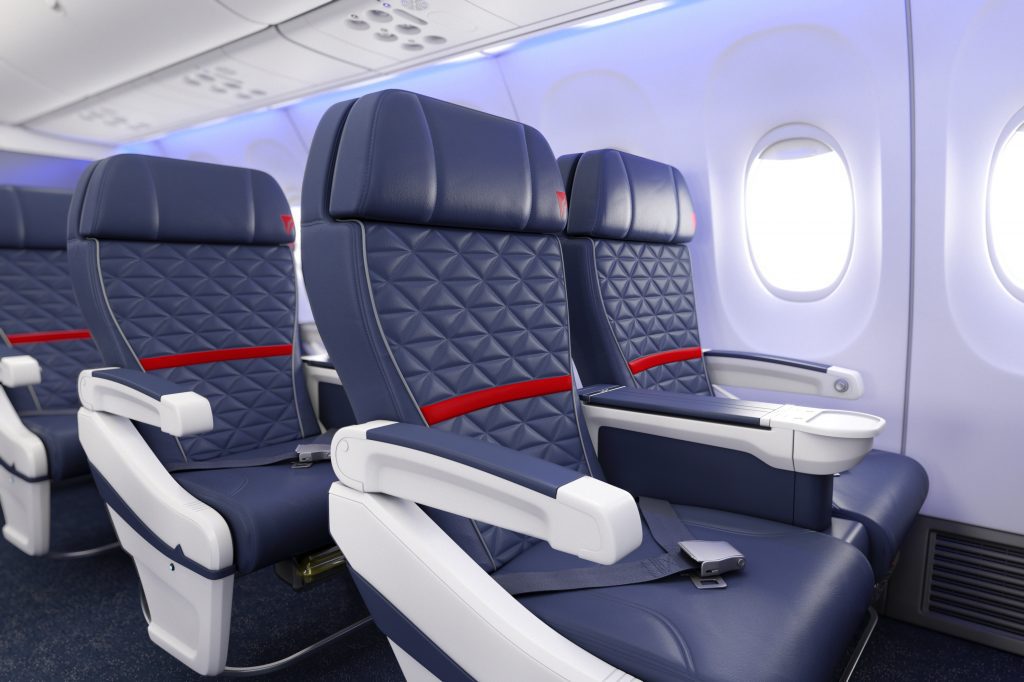Delta Finds Passengers Paying for Upgrades With Their Own Money Is Big Business

Skift Take
You don't expect corporate travelers to dip into their own pockets on business trips. But certain travelers love to fly in premium cabins, and that's good news for Delta's revenues, which were already strong.
Under the old rewards program paradigm, regular flyers learned that if they remained loyal to one airline and flew enough miles, they would earn what many road warriors say is business travel's top perk— free first class upgrades.
But for all but the most big-spending corporate customers, that benefit has mostly disappeared. Now, on many airlines, and on popular routes, if business travelers want first class seats, they must buy them.
It turns out, at least according to Delta Air Lines, they're actually forking over the cash. And with many barred by their employers from using corporate money for business class, first class or even premium economy seats, business travelers often pay out of pocket, Delta President Glen Hauenstein told investors Thursday.
Up-selling customers who once might have sat up front for free is becoming big business for the airline. Speaking on Delta's fourth quarter earnings call, Hauenstein said the carrier made it easier for travelers to buy upgrades after purchase in mid-2017, and earned an extra nearly $100 million in the first six months it offered the program.
Two Receipts Can Help R
